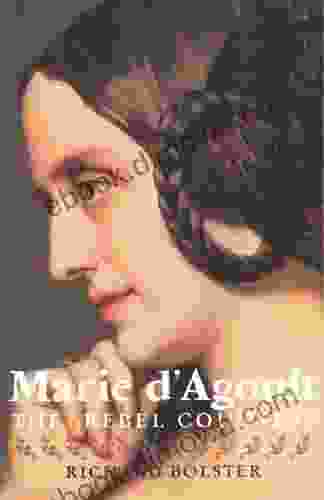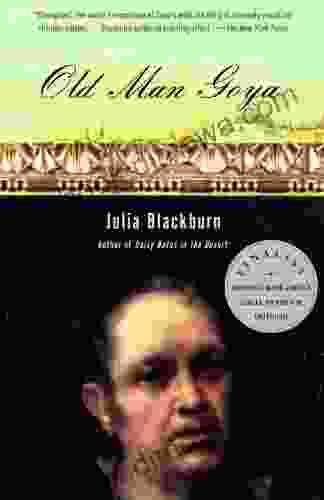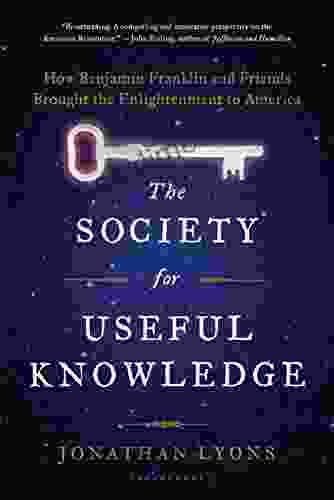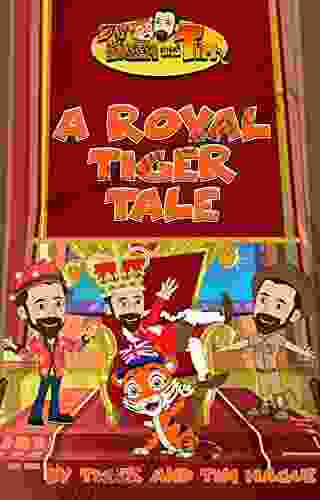Prologue: The Allure of Marie Agoult
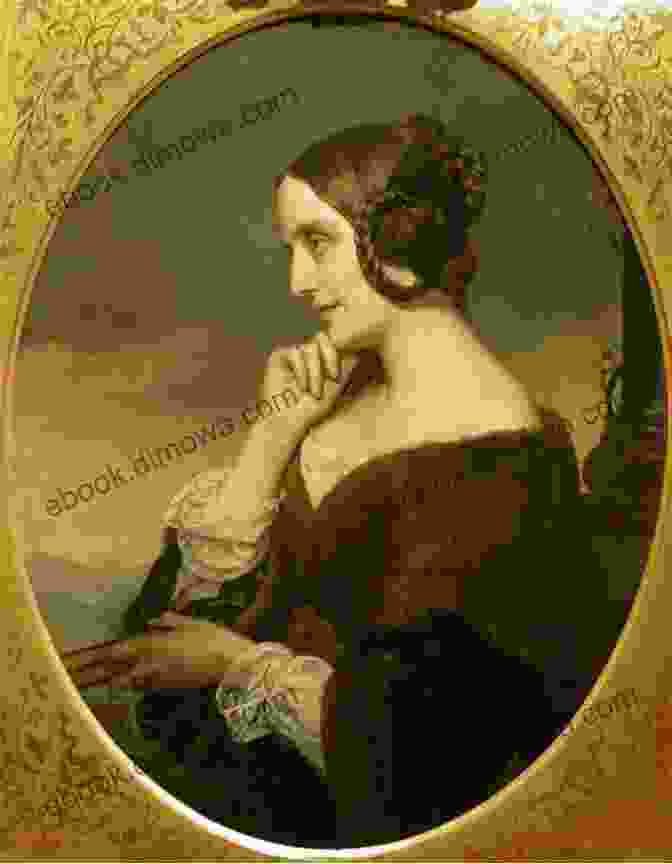
4.5 out of 5
| Language | : | English |
| File size | : | 5115 KB |
| Text-to-Speech | : | Enabled |
| Screen Reader | : | Supported |
| Enhanced typesetting | : | Enabled |
| Word Wise | : | Enabled |
| Print length | : | 300 pages |
In the vibrant tapestry of French literature, Marie Agoult stands tall as a woman of extraordinary talent and passion. Known as the "Rebel Countess," she defied societal norms, embraced her independence, and left an indelible mark on the Romantic era. Marie Agoult: The Rebel Countess is an absorbing biography that uncovers the fascinating layers of her life and literary achievements.
A Rebellious Spirit in a Restrictive Era
Born into a noble family in 1805, Marie Agoult was destined for a life of conformity. However, her independent spirit and keen intellect yearned for more. In a society where women were expected to conform, she dared to challenge expectations. She pursued her education, immersed herself in literature, and developed a reputation for her sharp mind.
A Love Affair that Shocked Society
At the age of 19, Marie Agoult entered into a passionate love affair with the renowned composer Franz Liszt. Their relationship, which produced three children, was scandalous by the standards of the time. As an unmarried woman, Marie flouted societal conventions and bore the consequences of her actions. Society ostracized her, but she remained defiant, choosing to live on her own terms.

Literary Triumphs and Feminist Ideals
Despite the challenges she faced, Marie Agoult found solace and expression in writing. She published novels, essays, and travelogues that garnered critical acclaim. Her work explored themes of love, passion, and female emancipation. Through her writing, she became a voice for women, advocating for their rights and challenging the patriarchal society of her time.
Exploring the Literary Treasures of Marie Agoult
Marie Agoult's literary corpus is a testament to her multifaceted talent. Her novel "Nélida" (1841) is a romantic masterpiece that captured the hearts of readers. "Essais sur la littérature et les arts" (1848) showcased her insightful critiques of contemporary literature and art. "Histoire de la Révolution de 1848" (1851) was a pioneering work of historical analysis that examined the transformative events she had witnessed firsthand.
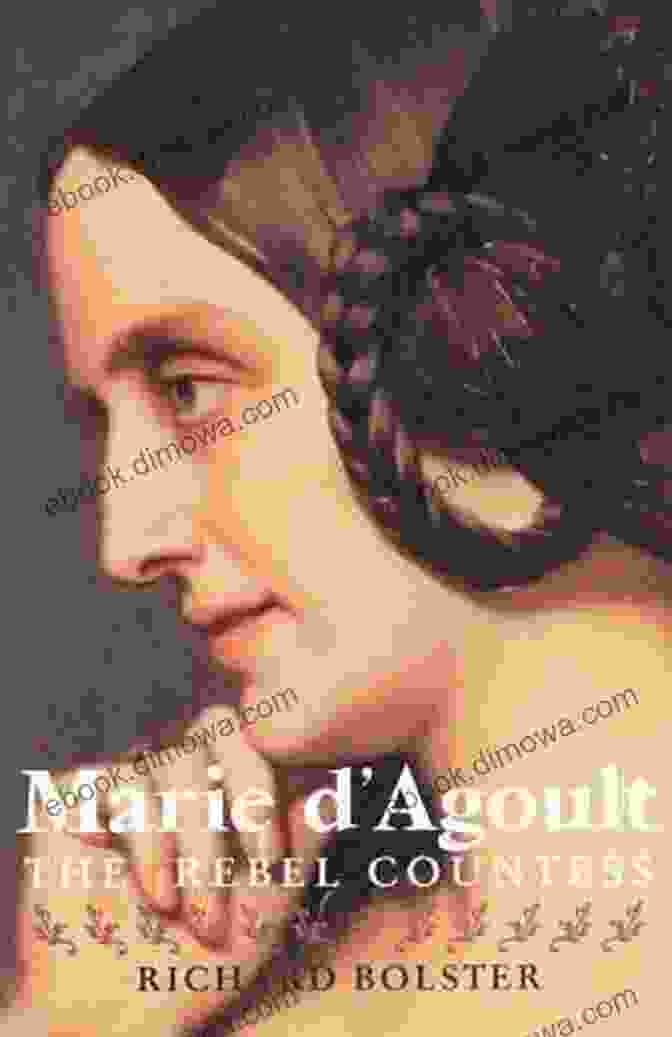
A Legacy of Empowerment and Inspiration
Marie Agoult's life and work continue to inspire women and artists to this day. Her courageous spirit, her defiance of societal expectations, and her literary achievements make her an enduring icon of female empowerment. The Rebel Countess is a powerful testament to the transformative power of passion, independence, and the unwavering pursuit of one's dreams.
Epilogue: The Enduring Legacy of the Rebel Countess
Marie Agoult passed away in 1876, leaving behind a rich legacy that continues to resonate. Her writings, her love affairs, and her bold defiance of conventions have cemented her place as a significant figure in literary and social history. Marie Agoult: The Rebel Countess is a captivating biography that illuminates the life and times of this extraordinary woman, inviting readers to delve into a world of passion, rebellion, and literary brilliance.



